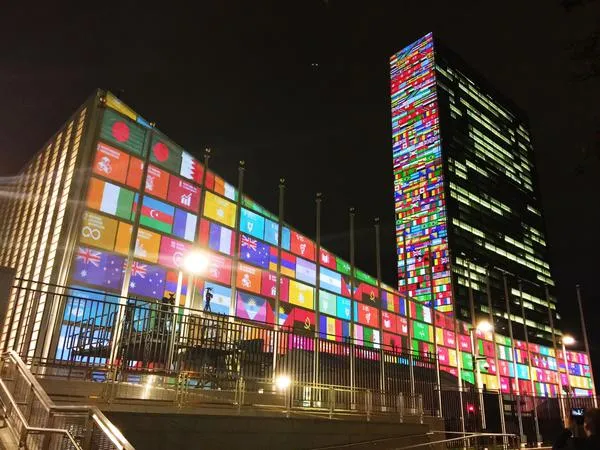International IDEA and key partners discuss the evolution of development thinking at the UN

The interlinkages between governance, economics, assistance and security attract growing interest in aid policy arenas. A recent book published under the auspices of the Pacific Basin Research Center, entitled The Evolution of Development Thinking, reviews the progress and shortfalls in addressing such issues. In particular, it assesses the effectiveness of more robust mechanisms for citizen participation and more inclusive governance within the development process. A launch event on Thursday, 15 December, from 11:00 am to 1:00 pm (EST), at United Nations Headquarters in New York, co-organized by International IDEA with the United Nations Development Programme (UNDP), the East-West Center, and the Pacific Basin Research Center, features a dialogue between three of the four authors of the book.
The authors’ goal is to “recast and contextualize the obstacles to providing greater material and nonmaterial benefits to the broadest range of people and to identify approaches to overcome these obstacles”. Eschewing a focus on growth and official development assistance (ODA) alone, the book uses case studies to chart the changing links between economic development and governance, security, and civil society in developing countries since World War II.
Massimo Tommasoli of International IDEA and Patrick Keuleers of UNDP provide introductory comments followed by a lively discussion between authors William Ascher, Claremont McKenna College; Garry D. Brewer, Yale University; and G. Shabbir Cheema, East-West Center, on past development thinking and new routes to prosperity in an era of sustainable development goals (SDGs).
The event is being webcast at webtv.un.org, and participants are invited to use #DevThinking to contribute to the conversation via Twitter.
The Office of the Permanent Observer for International IDEA to the UN will be live-tweeting the event @IIDEA_UN. For all media inquiries, contact Stephen Graf at 212-286-1084 or s.graf@idea.int.



